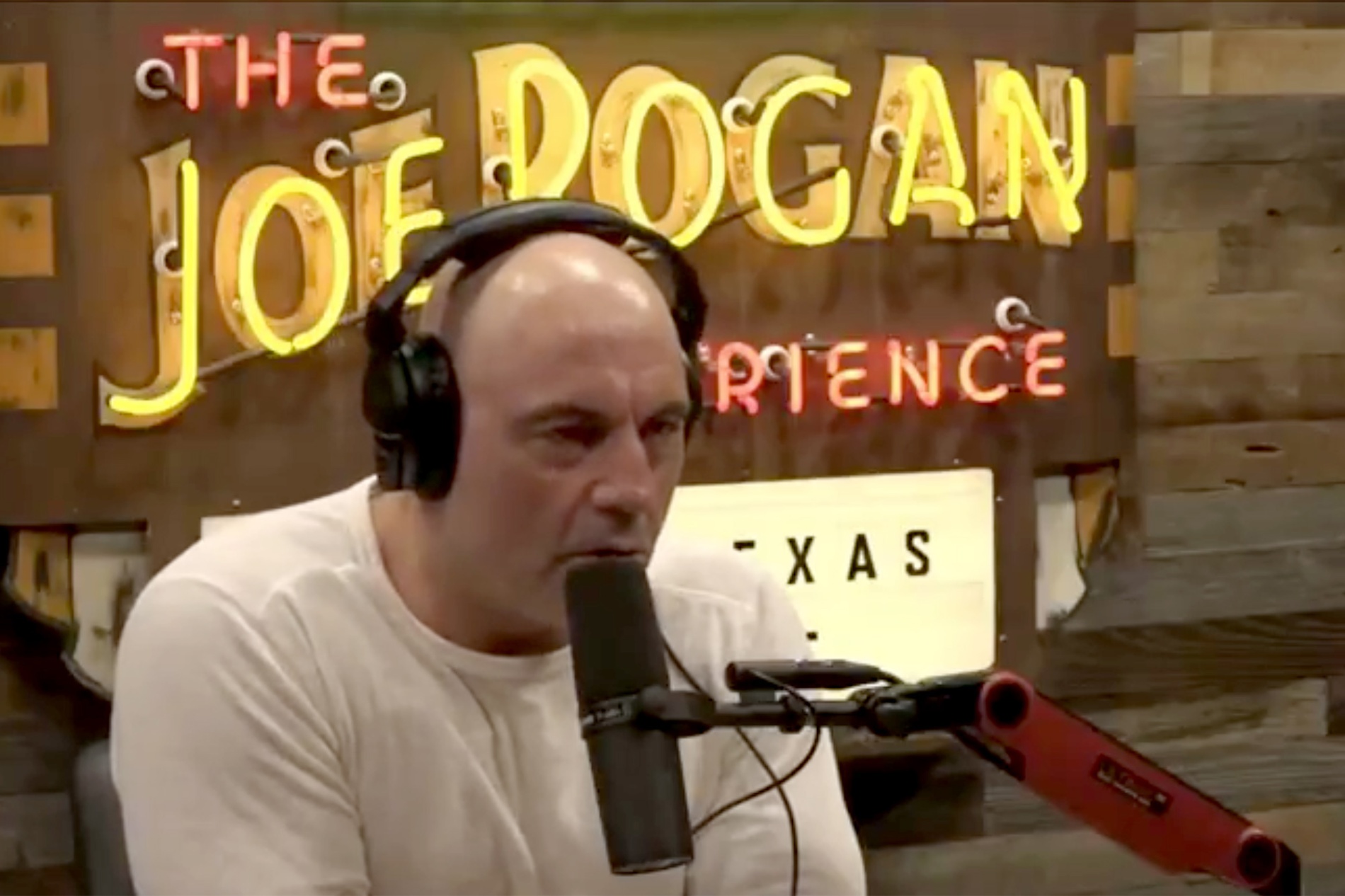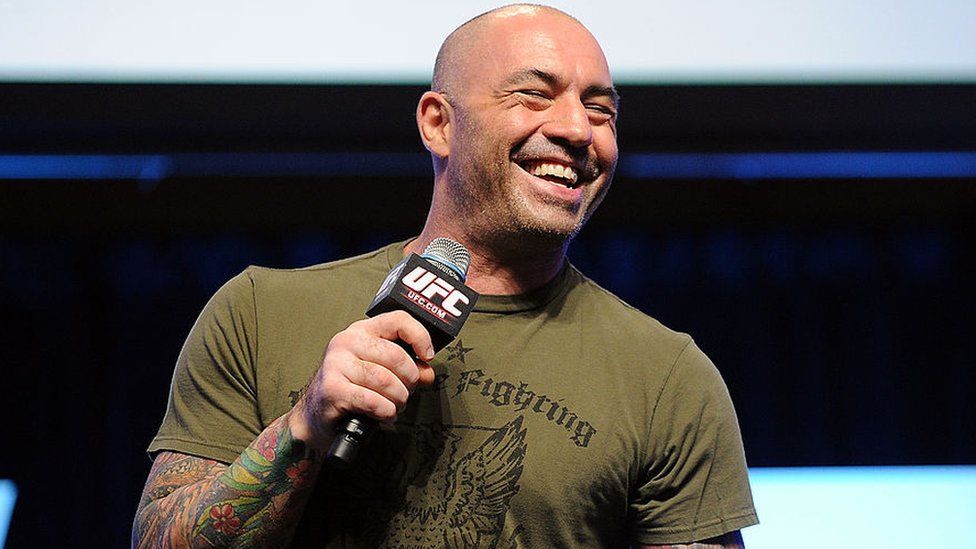Joe Rogan, the popular podcaster and commentator, has recently shared his thoughts on the pitfalls of tweeting and how it impacts meaningful communication. In a candid discussion on his podcast, Rogan delved into why he believes tweeting is detrimental to healthy discourse.

The Manic Nature of Tweeting
Rogan did not mince words when describing the nature of tweeting. “You’re in the middle of tweeting. It’s, it’s manic stuff. It’s not good for you, it’s bad for you. It’s a bad way to communicate,” he asserted. He emphasized the chaotic and impulsive environment that Twitter fosters, which often leads to misunderstandings and heated exchanges.
The Superiority of Face-to-Face Communication
According to Rogan, the best way to communicate is face-to-face. He explained, “The best way to communicate is sitting in front of a person. That’s the best way, even if you’re yelling and screaming at a person right in front of you. That feels bad too.” He pointed out that, despite the discomfort that might come with intense in-person discussions, the directness and nuance of face-to-face interactions are unmatched by digital communication.
Advocating for Civil Discourse
Rogan emphasized the importance of maintaining civility during disagreements. “You should be able to, as a grown adult, have a civil conversation with people where you could disagree with, even really disagree with something, but just keep like a professional, polite tone,” he said. He lamented the decline of respectful discourse, particularly on social media platforms where anonymity and distance often embolden rudeness.

Blair White and the Complexity of Identity
In a related conversation, Rogan mentioned his recent interview with Blair White, a prominent right-wing transgender commentator. He highlighted the unexpected nature of her political and personal identity, noting, “You know when right-wing trans person, yeah, what are the odds right?”
Rogan shared anecdotes about his interactions with trans fans, illustrating the diversity within the transgender community. “I’ve had trans fans come to the show… and they have guns like the. I’ve had a couple of trans fans come to there. And they’re like, ‘Hey, you want to see my gun,’ and I was like, ‘Kid, that’s hilarious.'”
Differentiating Trans Experiences
During his discussion with White, Rogan expressed his views on different transgender personalities, comparing Blair White to Dylan Mulvaney. “When I was talking to her, I was like, you know, I feel like you. You’re a woman like I get the energy of a female from you whereas Dylan Mulvaney seems like a gay guy doing an unbelievable caricature of a woman,” Rogan remarked. He noted that White agreed, describing Mulvaney as having “gay boy energy.”

Exploring Opinions at Pride Parades
Rogan recounted how White attended Pride parades to ask participants their views on gender and age-appropriate gender-affirming care. “She would ask people: how many genders do you think there are? And when do you think kids should be allowed to have gender-affirming care and have, uh, hormones and stuff?” he said. These questions, Rogan suggested, aimed to probe public opinion on complex and often contentious issues.
Conclusion
Joe Rogan’s reflections on tweeting and communication underscore a broader concern about the quality of discourse in the digital age. By advocating for face-to-face interactions and civil discussions, Rogan calls for a return to more respectful and meaningful exchanges. As social media continues to shape public conversation, his insights offer a timely reminder of the value of direct and thoughtful communication.